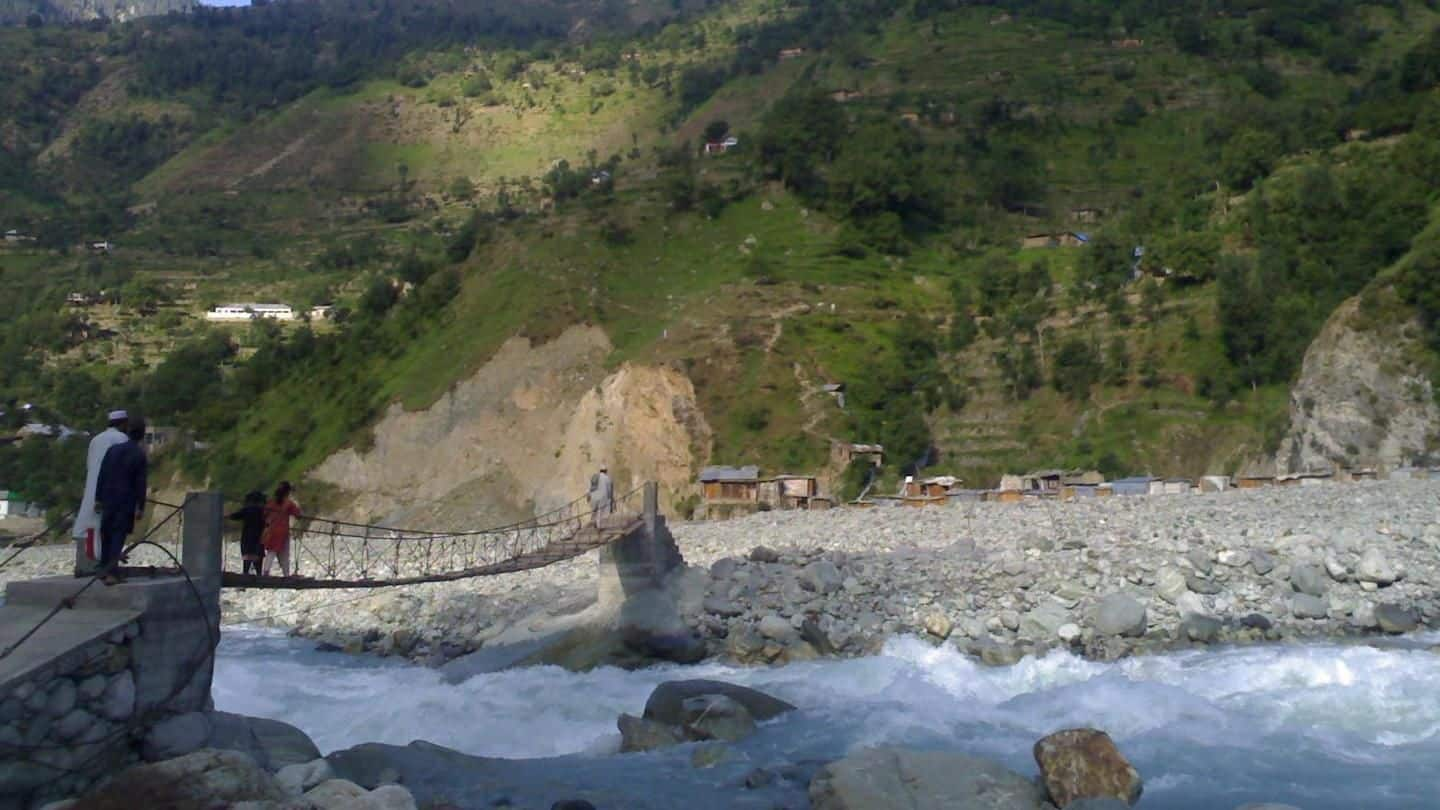
India, Pakistan to resume talks on Indus Waters Treaty
What's the story
India and Pakistan will resume their talks on various aspects of the crucial Indus Waters Treaty in Lahore on Wednesday, the first bilateral engagement since Prime Minister Imran Khan took office. India's Indus Water Commissioner PK Saxena arrived in Islamabad yesterday to begin the two-day discussions with his Pakistani counterpart Syed Mehr Ali Shah on Wednesday, Dawn quoted a government official as saying.
Indus Waters Treaty
Last meeting between India and Pakistan was held in March
The last meeting of the Pakistan-India Permanent Indus Commission was held in New Delhi in March during which both the sides had shared details of the water flow and the quantum of water being used under the 1960 Indus Waters Treaty. The talks will be the first official engagement between India and Pakistan since Khan became Pakistan's 22nd Prime Minister on August 18.
Permanent Indus Commission
India, Pakistan would also finalize schedule of future meetings
India and Pakistan would also finalize the schedule of future meetings of the Permanent Indus Commission and visits of the teams of the Indus Commissioners, the official said. He said the Water Commissioners of both the countries are required to meet twice a year and arrange technical visits to projects' sites, but Pakistan had been facing a lot of problems in timely meetings.
Information
Points to be raised by Pakistan during meeting
The report said that the Pakistani side will reiterate its objections over two water storage and hydropower projects being built by India during the two-day talks scheduled for August 29-30.
World Bank's role
World Bank, a signatory to Indus Waters Treaty
The World Bank, a signatory to Indus Waters Treaty, said in May that it couldn't reach an agreement with Pakistan to address its concerns after two-days of talks in Washington, days after India inaugurated the 330MW Kishanganga hydroelectric project in Jammu and Kashmir. Pakistan had protested the inauguration of the project by Prime Minister Narendra Modi, claiming it will disrupt water supplies to Pakistan.
Explanation
What is 1960 Indus Waters Treaty?
The 1960 Indus Waters Treaty, brokered by World Bank and signed by then PM Jawaharlal Nehru and Pakistan's President Ayub Khan, administers how the water of Indus river and its tributaries will be utilized. Under the Treaty, waters of the eastern rivers Sutlej, Beas, and Ravi had been allocated to India and the western rivers the Indus, Jhelum, and Chenab to Pakistan.
Objections
Pakistan had been raising objections over design of Kishanganga project
Islamabad had been raising objections over the design of Kishanganga hydroelectric project, saying it's not in line with the criteria laid down under the Treaty. However, India said that the project design was well within the Treaty's parameters. Kishanganga project was started in 2007 but on May 17, 2010, Pakistan moved for international arbitration against India under the provisions of Indus Waters Treaty.
Information
In 2013, International Court allowed India to construct Kishanganga project
The Hague-based International Court of Arbitration allowed India in 2013 to go ahead with construction of the Kishanganga project in North Kashmir and upheld India's right under the bilateral Indus Waters Treaty to divert waters from the Kishanganga for power generation in Jammu and Kashmir.